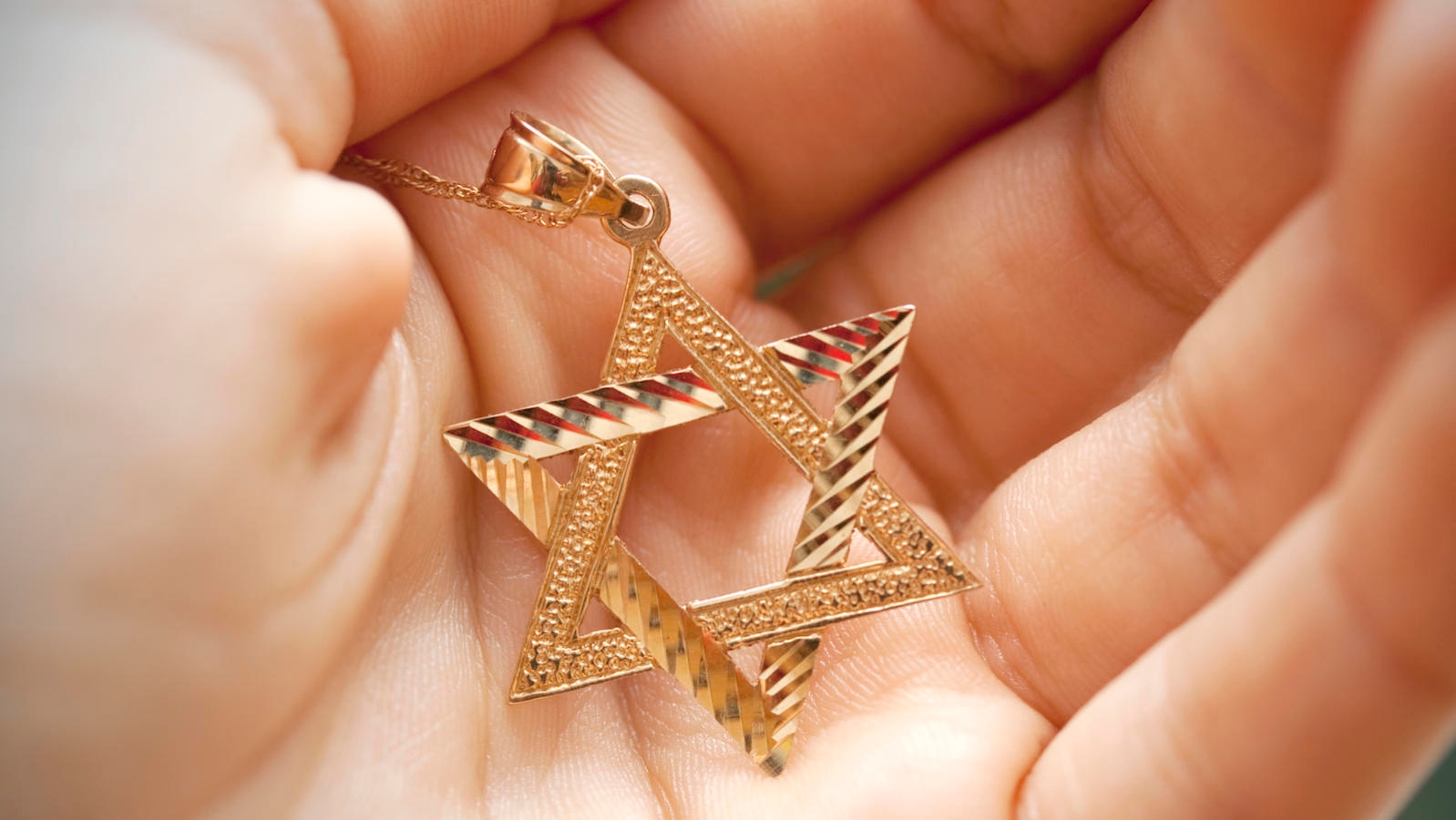Jews by birth often unwittingly offend Jews by choice or make them uncomfortable by singling them out for special attention or questions. Below is some advice from a Jew by choice who’s heard it all.
Don’t ask why he or she converted.
The number one question you want to ask a convert is exactly the question you shouldn’t. Asking someone why they converted, just after meeting them, is a little like asking to see their underwear. It’s like you’re asking us to get very naked about something deeply personal when we’ve just met. Like anything else, wait until you really get to know someone before expecting them to bare their souls. People will often let you see the skeletons in their closets when they’re comfortable with you.
Don’t tell others he or she is a convert.
If a convert does tell you about her conversion, that doesn’t mean it’s your story to tell. My friend Danielle says her former roommate told everyone Danielle was a convert. Danielle didn’t want people to know (and no, not because she was embarrassed about it). It just wasn’t her roommate’s story to tell. I know you’re wondering, “Why can’t I tell someone that Danielle is a convert, it’s a fact!” Remember how Judaism feels about gossip? What if people were discussing your personal business behind your back without your permission? Indeed, the Talmud (Bava Metzia 58b-59b) forbids us from oppressing converts by treating them as anything other than a regular member of the tribe.
Remember, no one looks like a convert.
“James William? That’s not a very Jewish name!” People of color and blondes with oh-so-blue eyes, the “exotic” faces in the Jewish fold, frequently get questions like this that try to get around directly asking, “Are you a convert?” In The Color of Jews, Yavilah McCoy, whose ancestors were converts, says:

Help us keep Jewish knowledge accessible to millions of people around the world.
Your donation to My Jewish Learning fuels endless journeys of Jewish discovery. With your help, My Jewish Learning can continue to provide nonstop opportunities for learning, connection and growth.
When I walk into a room and say to people I meet ‘I’m Jewish’ often I will get the response ‘but you’re Black.'” Since when are the two mutually exclusive? People often make offensive racial assumptions about Jews (and converts) of color. Just like we’re not all named Rosenberg, one convert of color says it’s helpful to note that “Judaism is not a ‘race’ of white people. One of the things people should be mindful of is not to assume all people of color in the synagogue are converts (or the help, for that matter).
Converts are not therapists.
The worst is when “Why did you convert?” turns into “Why would anyone convert to Judaism?” We’re converts, not therapists. We’re not here to help you figure out why you can’t imagine that people would find Judaism so amazing that they’d turn their lives upside down just to be a part of it. If you’re staring at us in disbelief, you may not be prepared to hear the answers.
Don’t assume someone converted for marriage.
After I met my husband midway through the conversion process, I noticed that people stopped asking me why I had decided to convert. They just assumed I was doing it for him. Okay, but I’m off the hook, right? I wasn’t part of a couple when I first made my decision so obviously I did it for the right reasons? Wrong, wrong, wrong. Just because someone is or was in a relationship doesn’t mean that they’re converting for marriage. Things are always way more complicated than that.
People convert for many reasons. A friend of mine says, “Often people assume someone converted due to marriage. As if people couldn’t make up their independent minds to join a faith! There are people with whom Judaism resonates and [they] find their home in the religion. There are single people who convert. There are people who convert to reclaim their family heritage. There are so many reasons people convert.” And remember, none of them are any of your business.
Goy jokes are not funny.
But one reason that frequently gets thrown around and isn’t very nice, and doesn’t work so well for someone from a non-Jewish family, is the idea that we converted to Judaism because Jews are just better than everyone else. One fellow told me that all that inbreeding has led to all those Nobel Prize winners. So, what, I’m polluting the sacred bloodlines? Sadly, people don’t think twice about whether a convert is sitting in their midst when they tell the latest “How many goyim does it take to put in a lightbulb?” joke.
Words like shiksa (gentile woman) and shaygetz (gentile man) both derivations of the word for “dirty” in Yiddish, don’t make converts feel welcome either. Blondes with blue eyes, converts or not, tend to hear these words more often than converts like me with olive skin and big brown eyes. Still, my first Passover went south after someone repeatedly threw the word shiksa around along with some other ugly words about non-Jews. At the first I attended, jokes about non-Jews were flying all over the place.
And don’t forget to say, “Welcome.”
There are things I still can’t believe people have said to me. Fresh out of the mikveh (the last stage of conversion is immersion in a mikveh, or ritual bath), I heard, “But you’re not really Jewish. I mean I’m still more Jewish than you, right?” Oy vey. In the end, all converts want is to be accepted as good Jews. We want to fit in. Possibly the reason Jewish tradition goes out of its way to tell you to be kind to us is that there are so many ways you can make us feel left out. It only takes one insensitive word. So, be careful with us. Changing our lives to join your ranks should at the very least earn us a little respect. And maybe even a “Welcome home.”


